
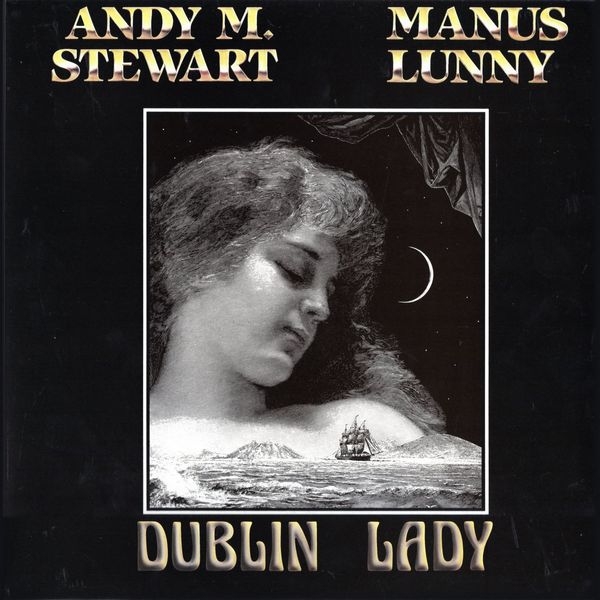 |
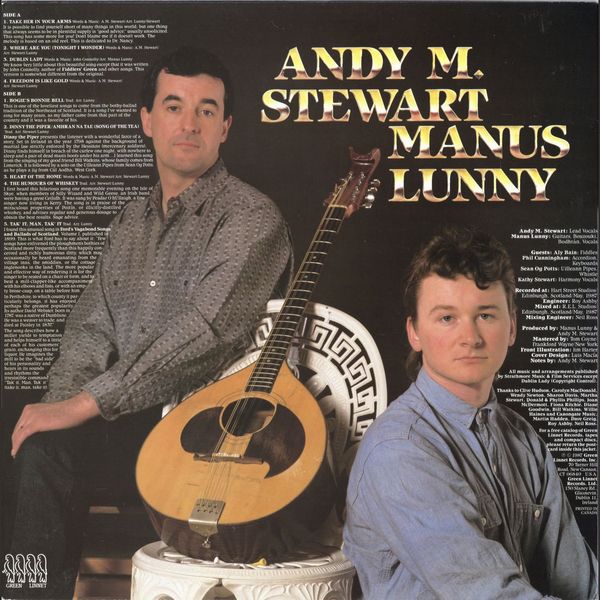
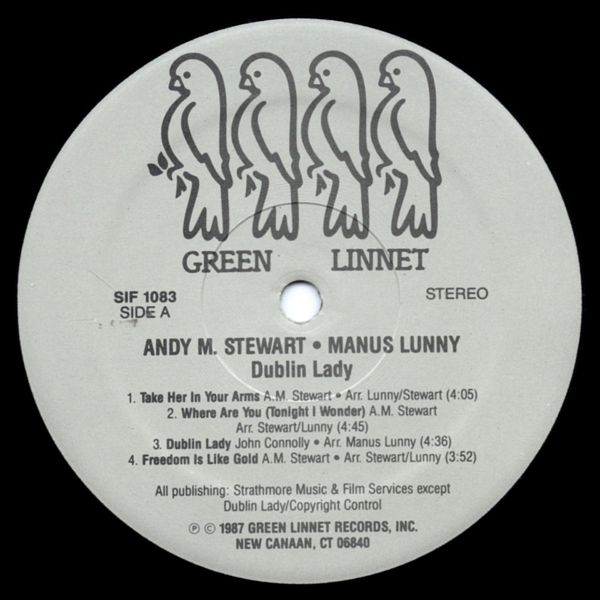
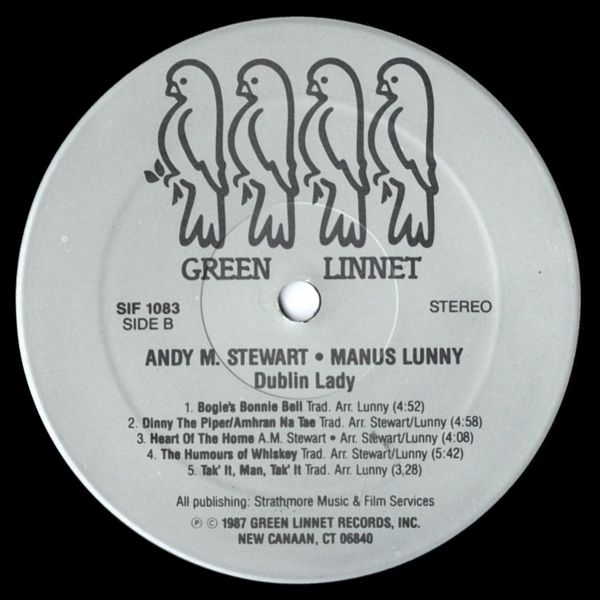
|
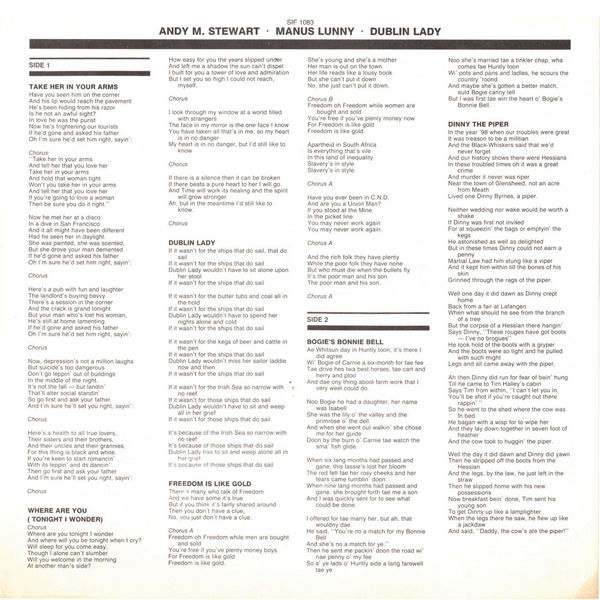
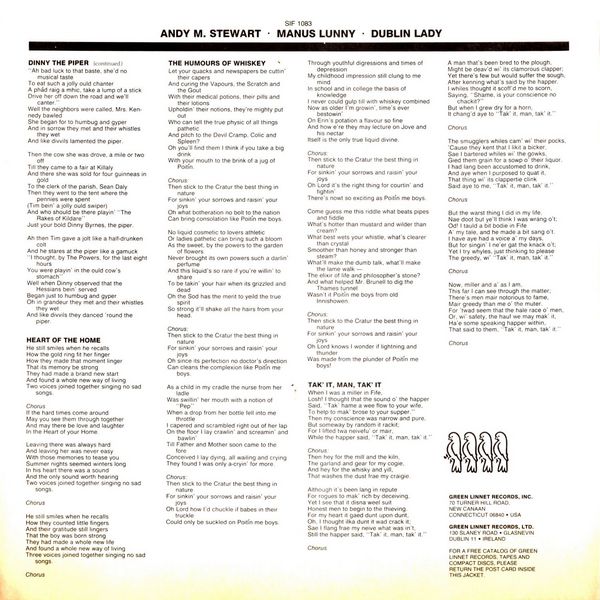
|
Sleeve Notes
Take Her in Your Arms — It is possible to find yourself short of many things in this world; but one thing that always seems to be in plentiful supply is "good advice," usually unsolicited. This song has some more for you! Don't blame me if it doesn't work. The melody is based on an old reel. This is dedicated to Dr. Nancy.
Dublin Lady — We know very little about this beautiful song except that it was written by John Connolly, author of Fiddlers' Green and other songs. This version is somewhat different from the original.
Bogie's Bonnie'Bell — This is one of the loveliest songs to come from the bothy-ballad tradition of the Northeast of Scotland. It is a song I've wanted to sing for many years, as my father came from that part of the country and it was a favorite of his.
Dinny the Piper & Amhran Na Tab (Song of The Tea) — Dinny the Piper presents the listener with a wonderful farce of a story. Set in Ireland in the year 1798 against the background of martial law strictly enforced by the Hessians (mercenary soldiers), Dinny finds himself in breach of the curfew one night, with nowhere to sleep and a pair of dead man's boots under his arm… I learned this song from the singing of my good friend Bill Watkins, whose family comes from Limerick. It is followed by a solo on the Uilleann Pipes from Seán Og Potts, as he plays a jig from Oil Aodha, West Cork.
The Humours of Whiskey — I first heard this hilarious song one memorable evening on the Isle of Skye, when members of Silly Wizard and Wild Geese, an Irish band were having a great Ceilidh. It was sung by Peadar O hUllaigh, a fine singer now living in Kerry. The song is in praise of the miraculous properties of Poitt'n, or illicitly-distilled whiskey, and advises regular and generous dosage to obtain the best results. Sage advice.
Tak' It, Man, Tak' — I found this unusual song in Ford's Vagabond Songs and Ballads of Scotland, Volume I, published in 1899. This is what Ford has to say about it: "Few songs have enlivened the ploughmen's bothies of Scotland more frequently than this happily conceived and richly humorous ditty, which may occasionally be heard emanating from the village inns, the smiddies, or the cottage inglenooks in the land. The more popular and effective way of rendering it is for the singer to be seated on a chair or form, and to beat a mill-clapper-like accompaniment with his elbows and fists, or with an empty brose-caup, on a table before him. In Perthshire, to which county it particularly belongs, it has enjoyed perhaps the greatest popularity. Its author David Webster, born in 1787, was a native of Dunblane. He was a weaver to trade, and died at Paisley in 1837." The song describes how a miller yields to temptation and helps himself to a little of each of his customers' grain, exchanging this for liquor. He imagines the mill to be the "bad side" of his personality and hears in its sounds and rhythms the irresistible command "Tak' it, Man, Tak' it" (take it, man. take it).